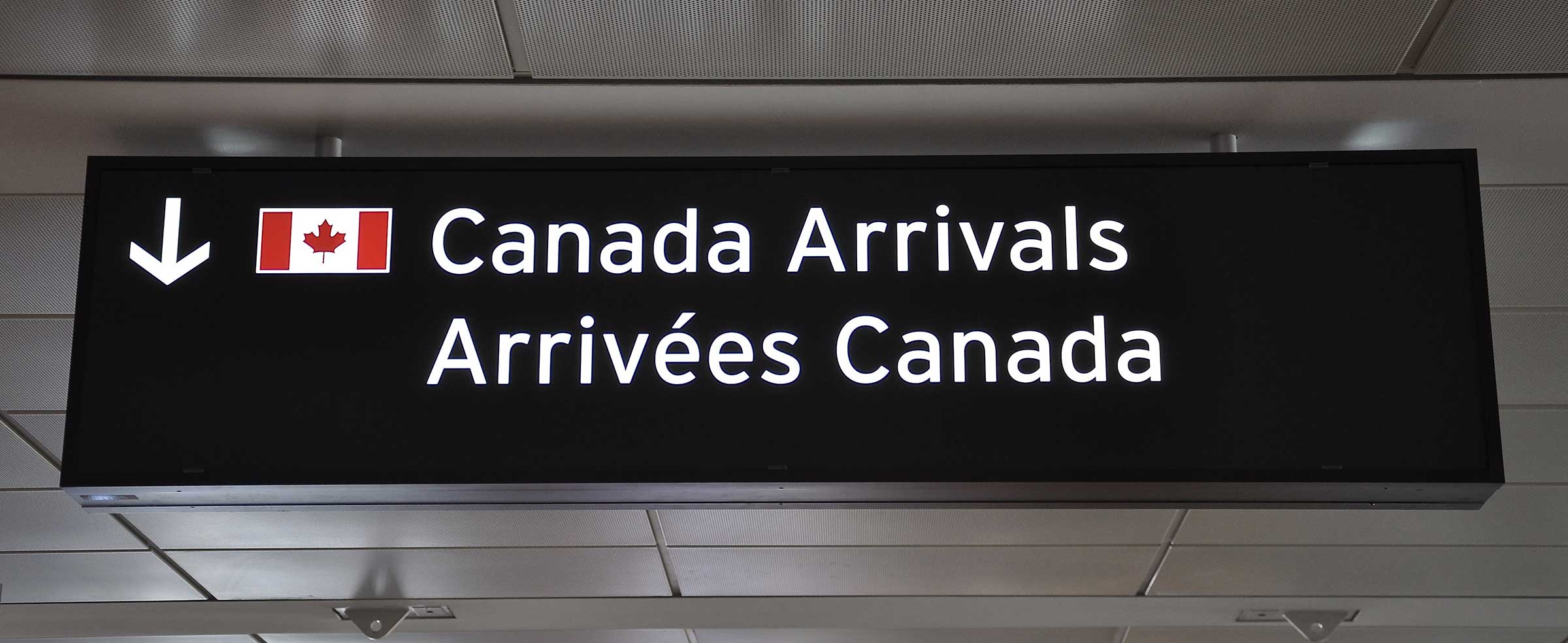Private sponsorship is much more than a feel-good project

The following op-ed was published in the June 19, 2021 edition of The Globe and Mail.
As we mark World Refugee Day this June 20th, the latest United Nations High Commissioner for Refugees estimates there are 82 million people worldwide who have been forced to flee their homes, including more than 30 million children. These displaced peoples are fleeing conflict, persecution, human rights violations and violence, seeking a safe haven in countries that all too often fail to welcome such newcomers. Canada – due to its geography – has been largely insulated from this international migration crisis. But in 2015-16, the country stepped up to welcome more than 33,000 refugees fleeing the war in Syria.
The federal government largely controls and manages the flow of immigration, but the most notable part of the Syrian refugee story was how individual Canadians and community organizations (churches, synagogues, NGOs) came forward to privately sponsor roughly half of the refugee quota to be filled. Private sponsorship groups commit to providing financial and social support to the refugee, and to help them find a place to live. This recent civil society mobilization mirrored an earlier one in the late 1970s that brought 70,000 Vietnamese refugees to Canada.
Few in this country appreciate the fact that private sponsorship of refugees is a Canadian innovation, and a model that is now being emulated in other countries such as Ireland, the U.K. and Germany. Until very recently, only in Canada was it possible for individuals and non-governmental organizations to sponsor refugees; and not just family members living abroad, but also those with whom the sponsors have no prior connection or relationship (often described as “welcoming the stranger”).
Given the immense scale of the ongoing migration crisis, perhaps we are kidding ourselves that taking in 10,000 or 20,000 refugees per year makes an important difference. But the value and importance of this effort is not so much in the numbers as in its impact on those affected and on the country as a whole. Canadians from coast to coast, in large cities and small towns, organized and raised funds to bring individuals and families out of danger and help them start new lives. Statistics Canada research has shown that privately sponsored refugees have higher employment rates and earn more money than government sponsored refugees.
A newly-released survey by our Environics Institute for Survey Research (conducted in partnership with Refugee613) estimates that about four percent of our country’s population ages 25 and older have been involved in sponsoring refugees in the past five years, whether through a faith-based or civil society organization, or with a group of friends. This translates into more than 1.5 million Canadians volunteering their time and effort in realizing the aspirational values of inclusion and welcoming that we like to think typify our country. Those who get involved in refugee sponsorship often find the experience to be personally rewarding in ways they never imagined, and may deepen their sense of citizenship.
And we also find there is considerable potential for much broader participation. Our research shows that another four million Canadians would consider getting involved in helping to sponsor refugees. This level of interest is striking given that private refugee sponsorship has never been actively promoted or marketed to the broader population at a regional or national level. To date, most of the people involved in “welcoming the stranger” sponsorship have been recruited through personal networks (faith-based organizations, universities) and tend to be white, highly educated and retired. But our research indicates the interest and capacity to get involved in refugee sponsorship is much more widely distributed across the Canadian public. Such interest is driven in part by being aware of the presence of refugees in one’s own community, as well as knowing others who have already become involved.But private refugee sponsorship is much more than a feel-good community project. It is creating new Canadians of the very best sort. People who arrive as refugees must rebuild their lives, and with support from both government assistance and private sponsors, they are making impressive progress to establish themselves in their host communities. In another study recently completed by our Institute, we found that the vast majority of Syrians who arrived in 2015-16 are adapting well to their new lives in Canada in terms of language acquisition, employment, and creating opportunities for their children. They are very happy to be in Canada (in spite of the weather), generally feel welcomed, and have life aspirations most of us would share. These newcomers embrace the value Canadians place on hard work and tolerance. And now that they are here, only three percent hope to one day leave Canada for another country.
Canada is seen by much of the world as an open and welcoming society. We know this reputation is not fully earned as we continue to confront discrimination, racism and fear of the “other” in our communities. But as we strive to do better, let us also celebrate the good work that many Canadians are doing to welcome new strangers to our shores, and consider getting involved. Doing so is a unique privilege of the Canadian citizenship others envy.
Keith Neuman is a Senior Associate with the non-profit Environics Institute for Survey Research.
Michael Adams is the Institute’s founder and president.
Like what you're reading? With our bi-monthly e-newsletter, you can receive even more with the latest details on current projects, news, and events at the institute.
Subscribe